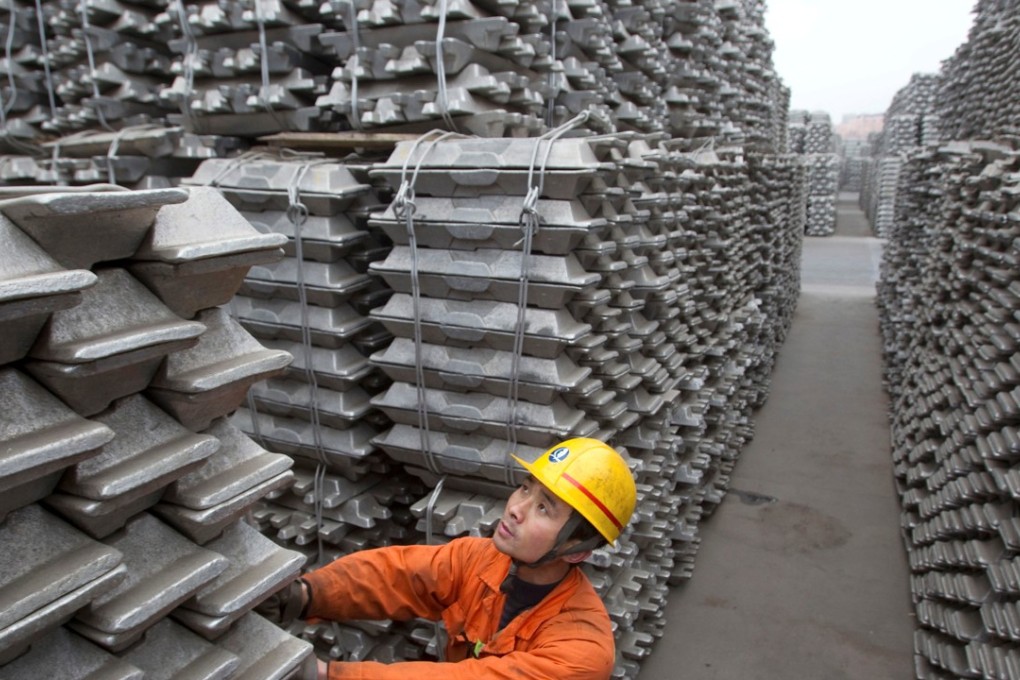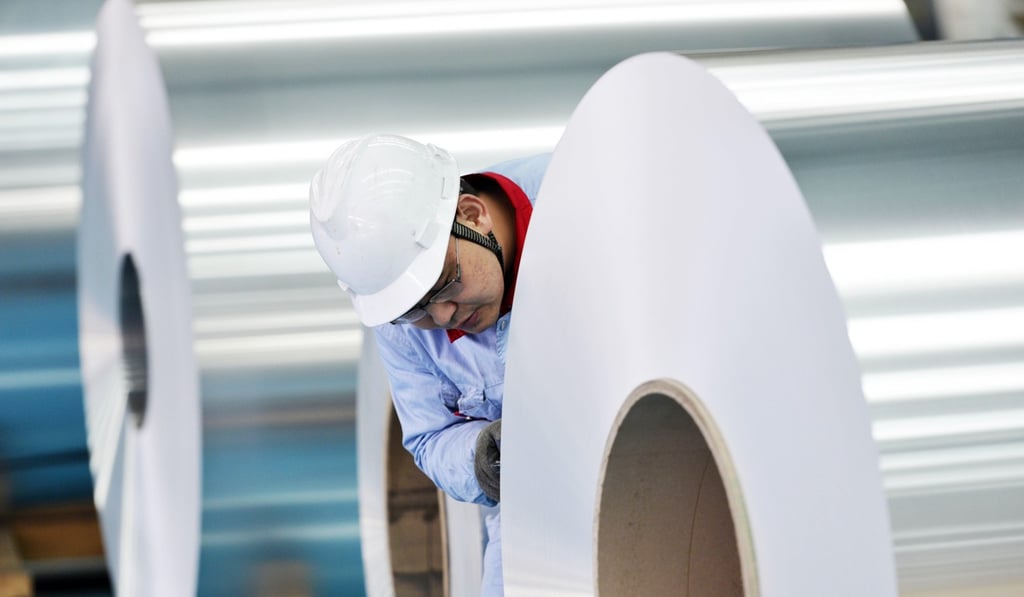US may impose tariffs on Chinese steel and aluminium imports amid ‘limited’ progress in trade talks
The Trump administration is dissatisfied with the results of ongoing trade negotiations with China, according to observers

The US could impose quotas and tariffs to further block Chinese steel and aluminium imports into the American market, in a sign of the Trump administration’s dissatisfaction and impatience with limited progress in the sides’ ongoing trade talks, observers and specialists said.
US President Donald Trump labelled China’s steel and aluminium imports as “dumping” last Thursday during a flight from Washington to Paris. Trump said: “They’re dumping steel and destroying our steel industry, they’ve been doing it for decades, and I’m stopping it. It’ll stop…There are two ways - quotas and tariffs. Maybe I’ll do both.”

Trump’s comment came as China and the US are set to wrap up their 100-day negotiations aimed at addressing bilateral trade disputes and market access issues in a high-level economic dialogue on Wednesday in Washington. China’s overcapacity issues, including steel and aluminium exports, are expected to be on the negotiation table.
The two nations agreed on an initial outcome in May, allowing exports of some American products such as beef and natural gas, and certain financial services, to expand in the Chinese market. After that, progress has been slow in filling in a bilateral trade deficit of about US$340 billion.
“On the economic side [of negotiations], there is progress, but very limited,” said Scott Kennedy, a China specialist at the Centre for Strategic and International Studies. “The Trump administration becomes dissatisfied and lost a little bit of patience with China on some of these things.”